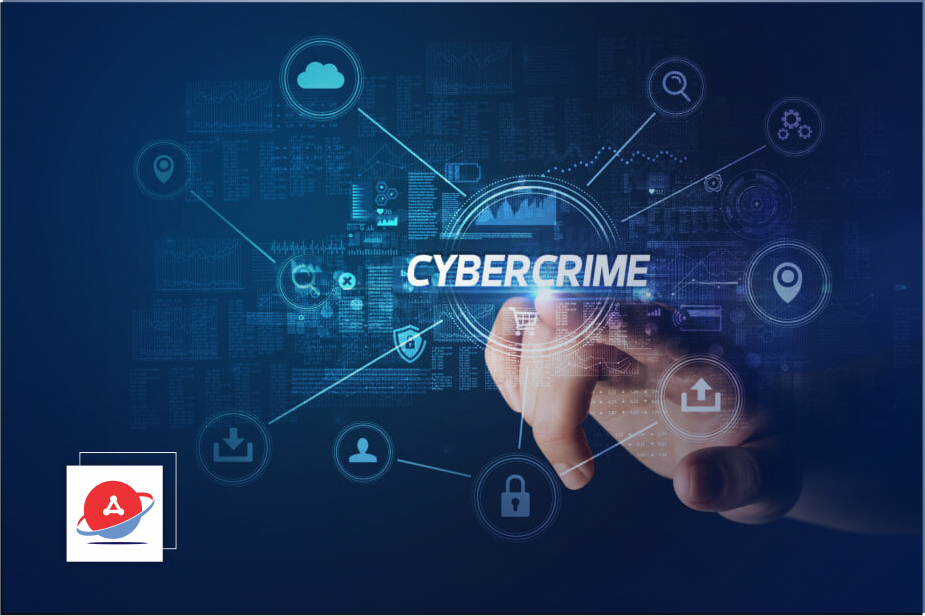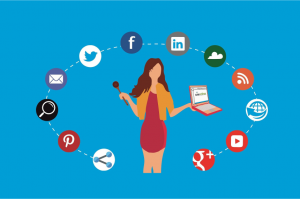Your home and office computers, which are frequently the same thing, require more security due to the rise in cybercrime, especially when it comes to computer safety.
Since so many people now work remotely, it’s likely that the laptop that contains your Top Secret Business Documents also powers your 13-year-old’s all-night Minecraft sessions.
In a time of blurring work/life boundaries and rising cybercrime, how can you successfully safeguard your computer — and your sensitive data?
According to the experts at cybercrime powerhouse Kaspersky, which provides services like VPNs and antivirus software, “a good way for hackers to access a corporate network right now is when employees use corporate equipment for personal tasks, or when they use corporate networks through unsecured or poorly secured personal devices.”
This is excellent news for cybercriminals since it implies that IT and data security personnel may have less knowledge of and control over how company data is used.
An increase in cybercrime
In reality, Kaspersky’s study reveals that by August 2020, only six months into the epidemic and shutdown, the number of events in Africa brought on by malware (an umbrella word for many different sorts of cyber threats) had surpassed 28 million instances.
According to Kaspersky’s analysts, “this means that nations, organisations, and individuals must always be aware of the threat of cybercrime, which will only grow as technology becomes more sophisticated.” No matter how big your business is, where you are located, or what industry you are in, hackers will attack you.

Hackers have also improved their abilities to use your personal information for their own purposes. According to Kaspersky, “Cybercriminals hunt for data of all kinds, including personal information, images, videos, and even how users interact with one another.”
“These details are frequently taken from social networks. Then, stolen information is commonly put online somewhere else and sold to other crooks hoping to benefit from their actions.
Security Tips for Computers
How therefore can we defend ourselves? Take cautious, especially when using social media. The specialists at Kaspersky advise being always cautious about what you post online or make public on your social media profiles. Additionally, make sure the antivirus software you have installed on your PC is the most recent version and works with the applications you use.
Make sure you only purchase software from authorised sites when it comes to gaming, video conferencing, and e-learning platforms to prevent installing viruses.
According to research, dangerous files have been discovered that use the names of these services in their file names to trick users into installing malware. “In the rush to install Zoom and other solutions, there is also the potential to fall for fake apps,” Kaspersky cautions. Once more, only visit official websites.
Adopt a cloud-based security solution for your company’s computers if you run a business. Regardless of whether employees use work-related or personal devices, Kaspersky warns that even small businesses should defend themselves from cyber attacks.
You probably have your work computer at home or are utilising your home computer for work during the prolonged lockdown. In either case, be wary of the dangers.
Even if there are so many things you can do online, hackers still track individuals, say Kaspersky’s specialists.
“You can be sure that cybercriminals will be working on it if there is an opportunity to exploit a situation and lure people into disclosing personal information or handing over their money.”
Even your kids might be a target. Just consider how quickly a youngster could click on the incorrect link if they were using your computer. Honest, open communication is the greatest strategy here.
Even your kids might be a target. Just consider how quickly a youngster could click on the incorrect link if they were using your computer. Honest, open communication is the greatest strategy here.
In addition, Kaspersky advises that parents should encourage their children to confide in them when they make mistakes or act inappropriately because they were only children at the time. “There’s a good chance you done anything inappropriate online lately or when you were younger. Therefore, if you reason, your children could as well.
Conclusion
They (or, let’s face it, you) could experience it when playing video games. According to estimates, 10% of gamers in South Africa have had their IDs stolen, and they suffer many of the same security threats that corporations do.
For instance, the researchers from Kaspersky note that “scammers use the same phishing tactics to trick people out of their credit card numbers, bank passwords, and other account logins.”
Again, the recommendation is to always purchase games from legitimate vendors to prevent virus installation. You may, however, make a financial distinction between your gaming and non-gaming lives.
You should spend money on a swift, dependable Internet connection once you’ve put your cybersecurity measures in place. To compare residential and business fibre packages, use our online comparison tools.
SOURCE: Hippo Blog



